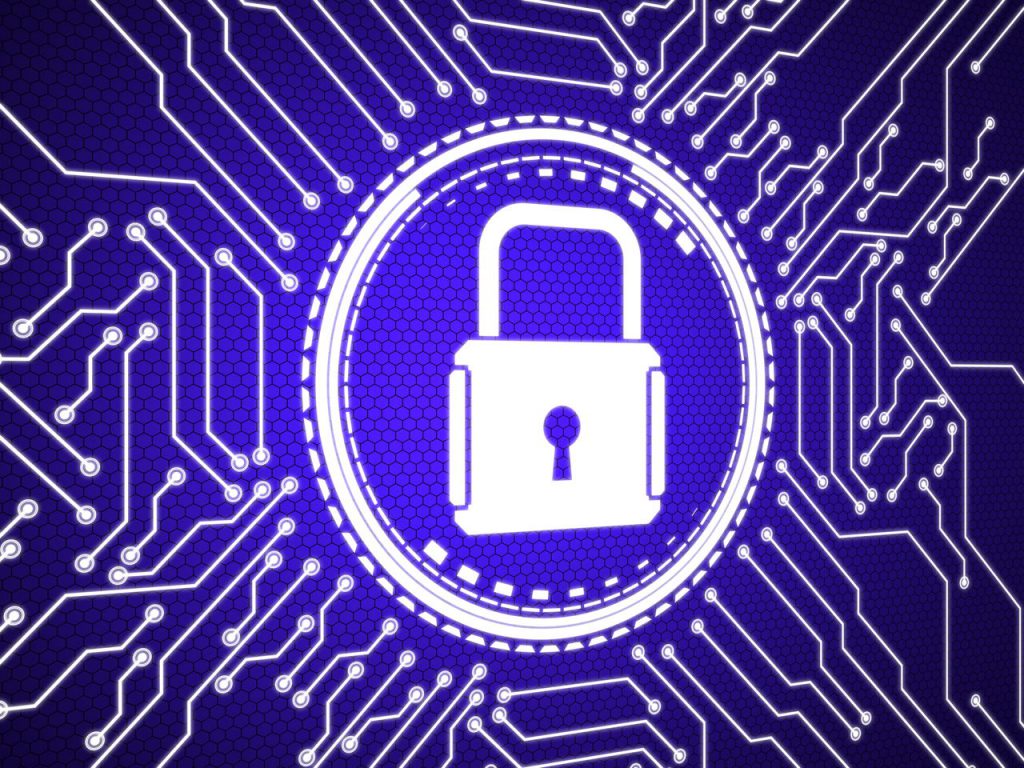Exploring the Dangers of GPS Manipulation for Emergency Services
GPS manipulation poses a significant threat to the effectiveness of emergency services, with dire consequences for public safety. Emergency response systems, such as police, fire departments, and medical services, rely heavily on GPS technology to navigate quickly and efficiently to the scene of an emergency. Whether responding to a house fire, a medical crisis, or a violent incident, every second counts. When GPS signals are manipulated or spoofed, the ability of these services to respond rapidly is severely compromised, potentially leading to delayed interventions, greater property damage, and even loss of life. One of the primary dangers of GPS manipulation is the possibility of sending emergency responders to incorrect locations. Spoofing attacks can interfere with the GPS coordinates, making it appear as though an emergency is occurring at a different site than it actually is. For example, a spoofed GPS signal could direct an ambulance to the wrong address, leaving the victim in need without medical help for precious minutes or even hours.
![]()
This can be especially dangerous in time-sensitive situations such as cardiac arrests, where a delay of even a few minutes can dramatically decrease survival rates. In addition to misdirection, GPS manipulation can also cause confusion and chaos during larger-scale emergencies, such as natural disasters. Emergency services coordinate their efforts based on location data from GPS systems, often deploying teams to multiple areas simultaneously. A compromised GPS network during such an event could mislead several units at once, resulting in widespread inefficiency and increasing the vulnerability of affected populations. In situations where infrastructure is already strained, such as after a major earthquake or hurricane, this added confusion could make the difference between life and death for countless individuals. Moreover, GPS manipulation can have indirect consequences, such as causing a loss of public trust in emergency response systems.
If people believe that emergency services cannot reliably locate them in times of need, they may hesitate to call for help, fearing they would not receive the timely assistance they require. This hesitancy can exacerbate the dangers posed by already high-risk situations, compounding the damage caused by delayed or ineffective emergency responses. To mitigate the dangers of GPS manipulation, governments and emergency services must invest in robust security measures. Anti-spoofing technologies, encryption, and redundant systems can help protect GPS networks from interference. Additionally, training emergency responders to recognize and respond to potential 당근마켓 gps 조작 scenarios is critical. In the face of increasing cyber threats, safeguarding the integrity of GPS systems is essential to ensuring that emergency services can continue to save lives without disruption.






